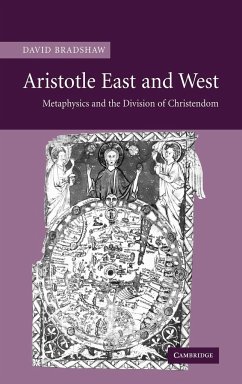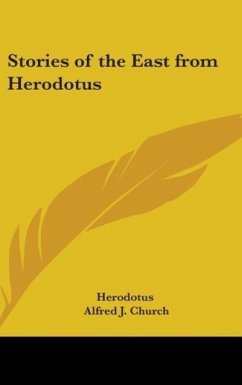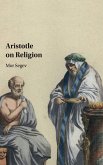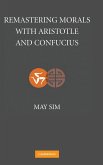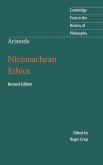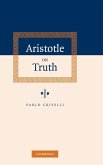This is a powerful comparative history of philosophical thought in the two halves of Christendom.
This book traces the development of conceptions of God and the relationship between God's being and activity from Aristotle, through the pagan Neoplatonists, to thinkers such as Augustine, Boethius and Aquinas (in the West) and Dionysius the Areopagite, Maximus the Confessor and Gregory Palamas (in the East). The result is a comparative history of philosophical thought in the two halves of Christendom, providing a philosophical backdrop to the schism between the Eastern and Western Churches.
Table of content:
Preface; 1. The Aristotelian beginnings; 2. The prime mover; 3. Between Aristotle and Plotinus; 4. Plotinus and the theory of two acts; 5. The Plotinian heritage in the West; 6. Gods, demons and theurgy; 7. The formation of the eastern tradition; 8. The flowering of the eastern tradition; 9. Palamas and Aquinas; 10. Epilogue; Bibliography; Index.
This book traces the development of conceptions of God and the relationship between God's being and activity from Aristotle, through the pagan Neoplatonists, to thinkers such as Augustine, Boethius and Aquinas (in the West) and Dionysius the Areopagite, Maximus the Confessor and Gregory Palamas (in the East). The result is a comparative history of philosophical thought in the two halves of Christendom, providing a philosophical backdrop to the schism between the Eastern and Western Churches.
Table of content:
Preface; 1. The Aristotelian beginnings; 2. The prime mover; 3. Between Aristotle and Plotinus; 4. Plotinus and the theory of two acts; 5. The Plotinian heritage in the West; 6. Gods, demons and theurgy; 7. The formation of the eastern tradition; 8. The flowering of the eastern tradition; 9. Palamas and Aquinas; 10. Epilogue; Bibliography; Index.

